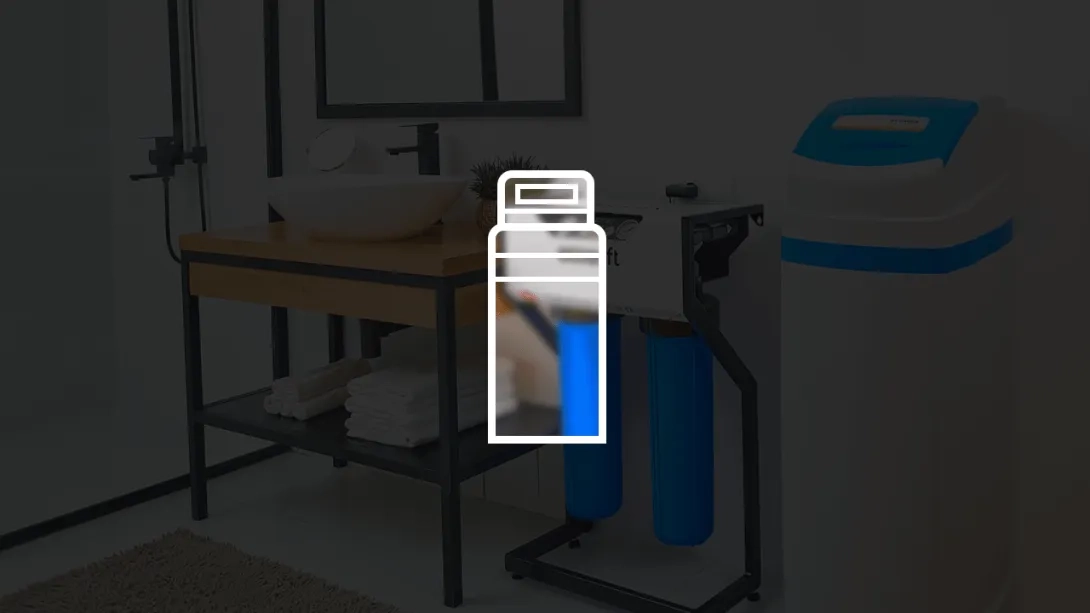How Do Water Softeners Work?Water softeners operate on the principle of ion exchange. They remove minerals like calcium and magnesium, which cause water hardness, and replace them with sodium or potassium ions. This process transforms hard water into soft water, suitable for household use.Water Softener vs. Water Conditioner vs. Water Filtration SystemWater Softener: Specifically targets water hardness by removing minerals through ion exchange.Water Conditioner: Alters the chemical structure of minerals in water without removing them, preventing scale buildup.Water Filtration System: Focuses on removing various impurities and contaminants from water, not necessarily addressing water hardness.Benefits of Water SoftenersWater softeners offer numerous advantages, including:Prolonging the life of appliances by preventing scale buildup.Reducing soap usage and enhancing cleaning effectiveness.Improving skin and hair health by eliminating mineral deposits.Preventing plumbing issues caused by hard water.ConclusionInvesting in a water softener can significantly improve the quality of water in your home. To explore options, visit Ecosoft's Water Softener Systems and Ecomix Solutions.
Faqs
Do water softeners remove all impurities, or is additional filtration necessary for drinking water?
Water softeners primarily target hardness minerals. Additional filtration might be needed for other impurities.
Can water softeners be installed without professional help?
While some homeowners may manage, professional installation is recommended for optimal setup and performance.
How do you choose the right softener?
Consider water hardness level, household size, and specific water quality needs.
Do water softeners require maintenance?
Yes, regular maintenance, such as salt replenishment and resin bed cleaning, is necessary for optimal performance.








